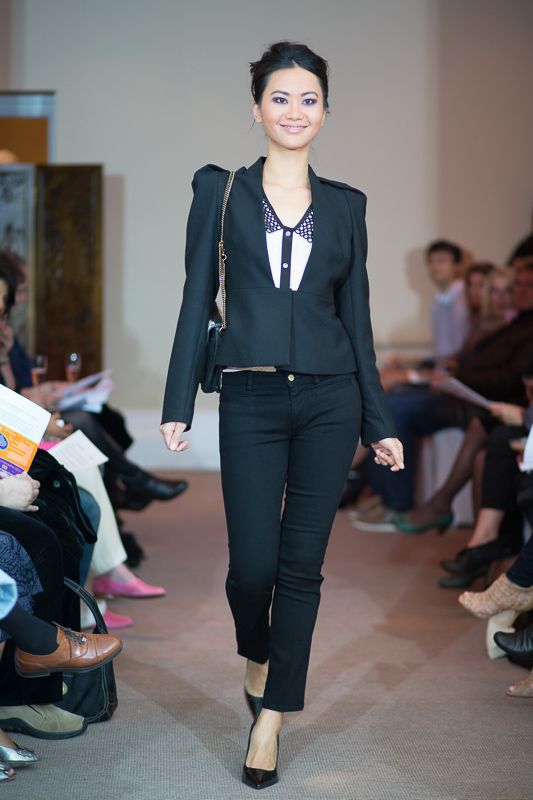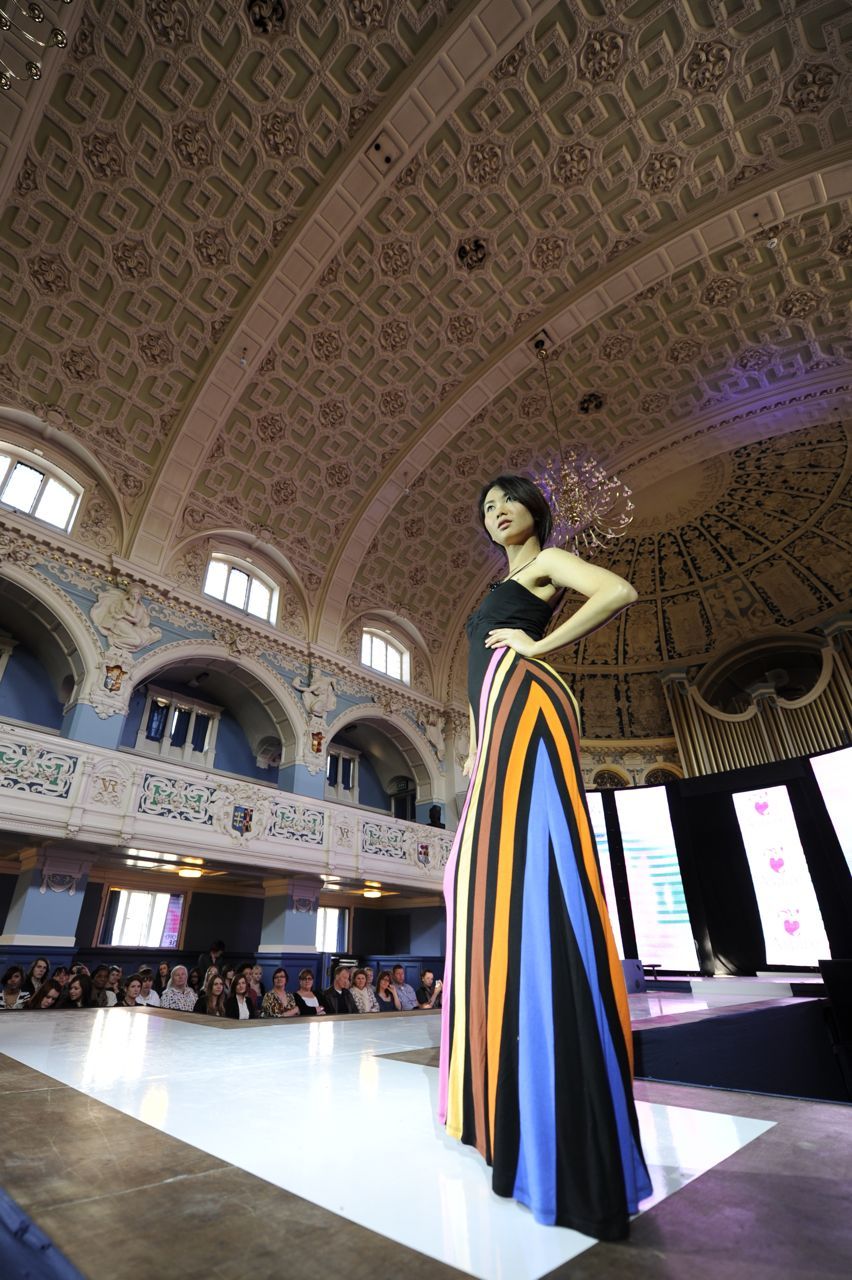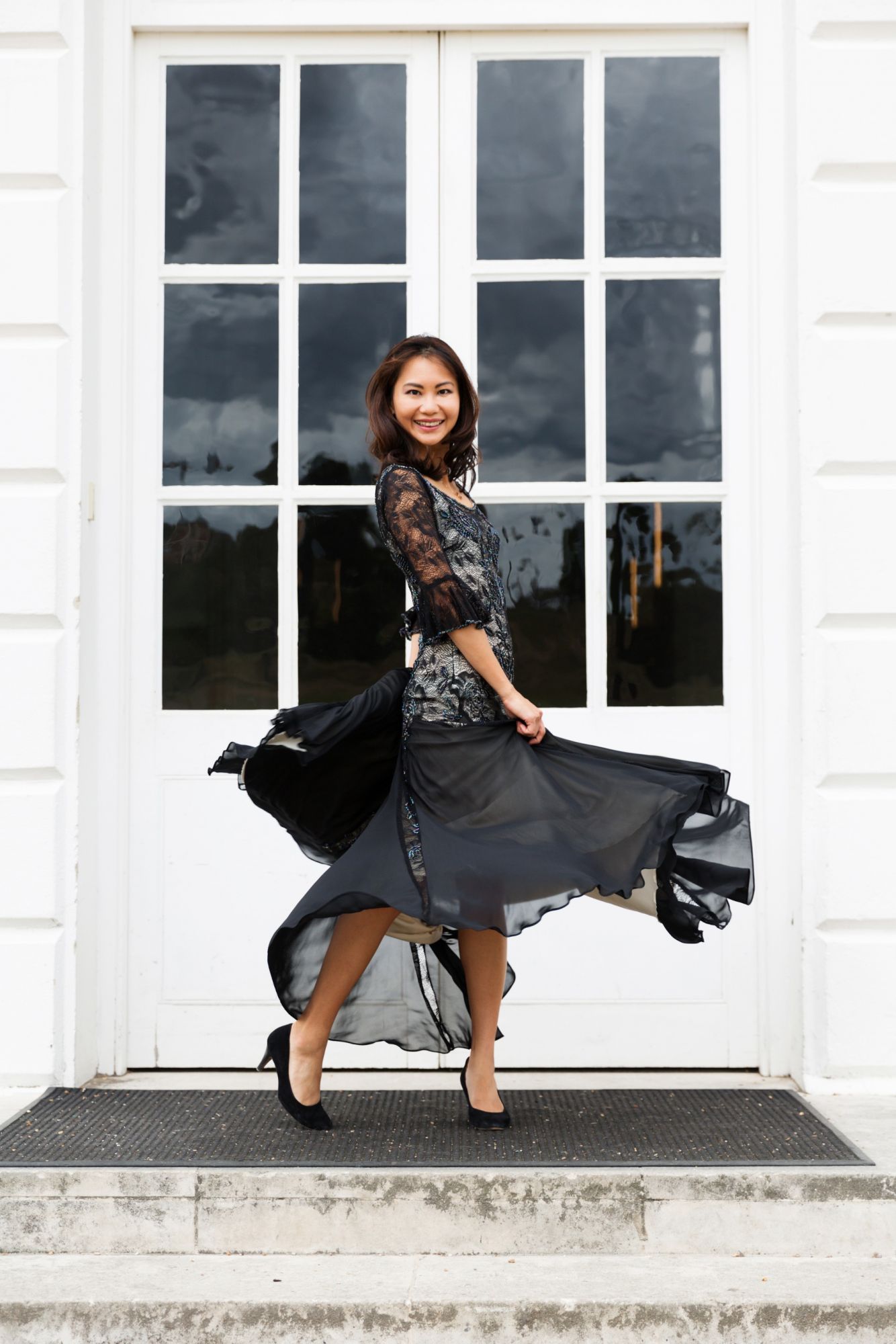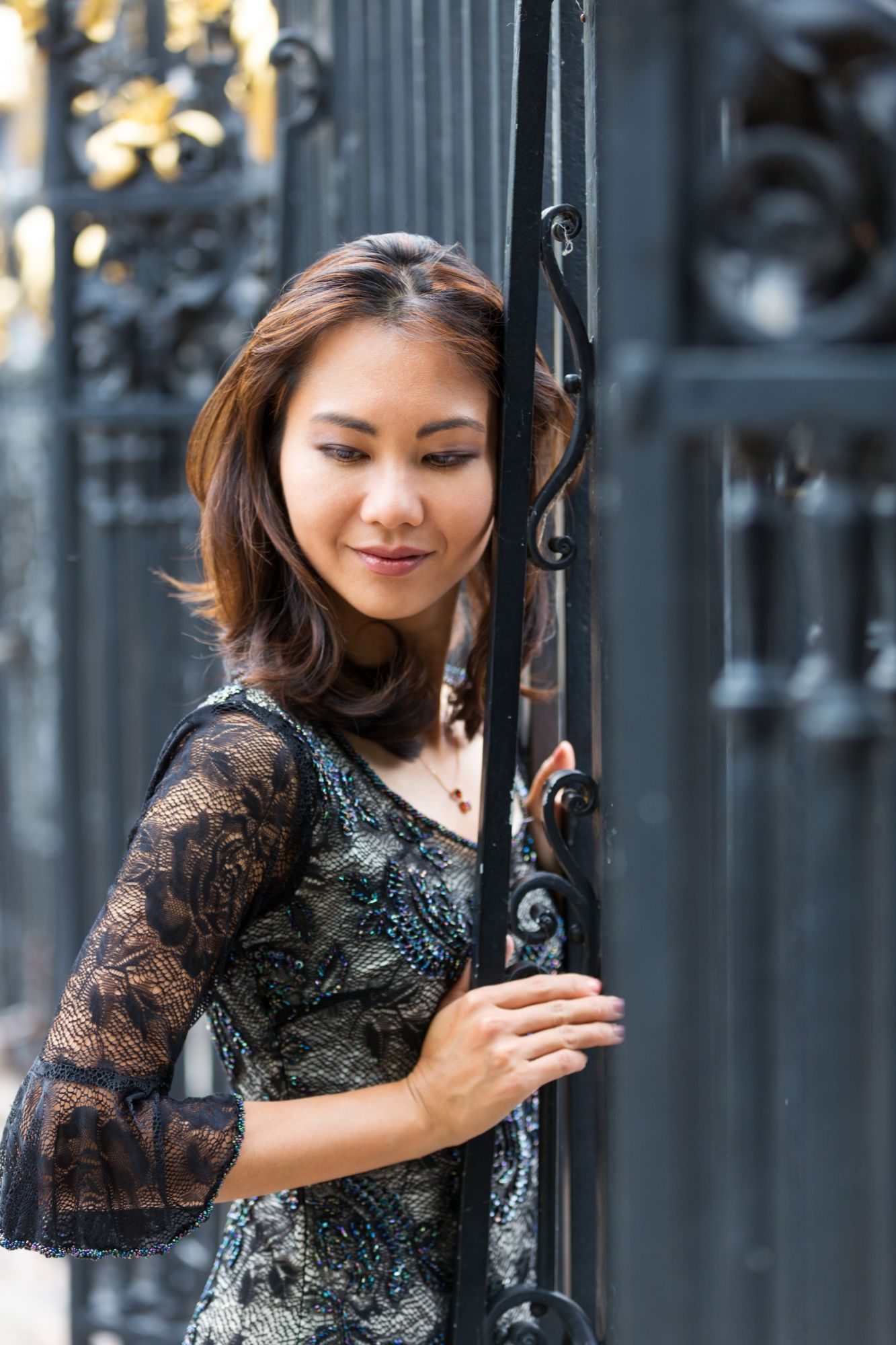The Malaysia-born, London-based author talks to Tatler about her newly-released book, "Future Perfect", her experience as a catwalk model, her love for crime stories and how her travels inspire her writing
Malaysian-born, London-based author, Felicia Yap has just released her second novel, Future Perfect, an exciting thriller where Police Commissioner, Christian Verger races against time to solve a catwalk murder despite being told by his voice assistant that he will die tomorrow. The book is the much-anticipated follow-up to Yap's Yesterday, which was met with buzzing reviews during its release in 2017.
The former catwalk model turned writer, speaks to Tatler about her latest book, how her time as a model inspired her, her numerous travel adventures and why crime novels attract her.
See also: 7 Female Poets From Hong Kong To Know
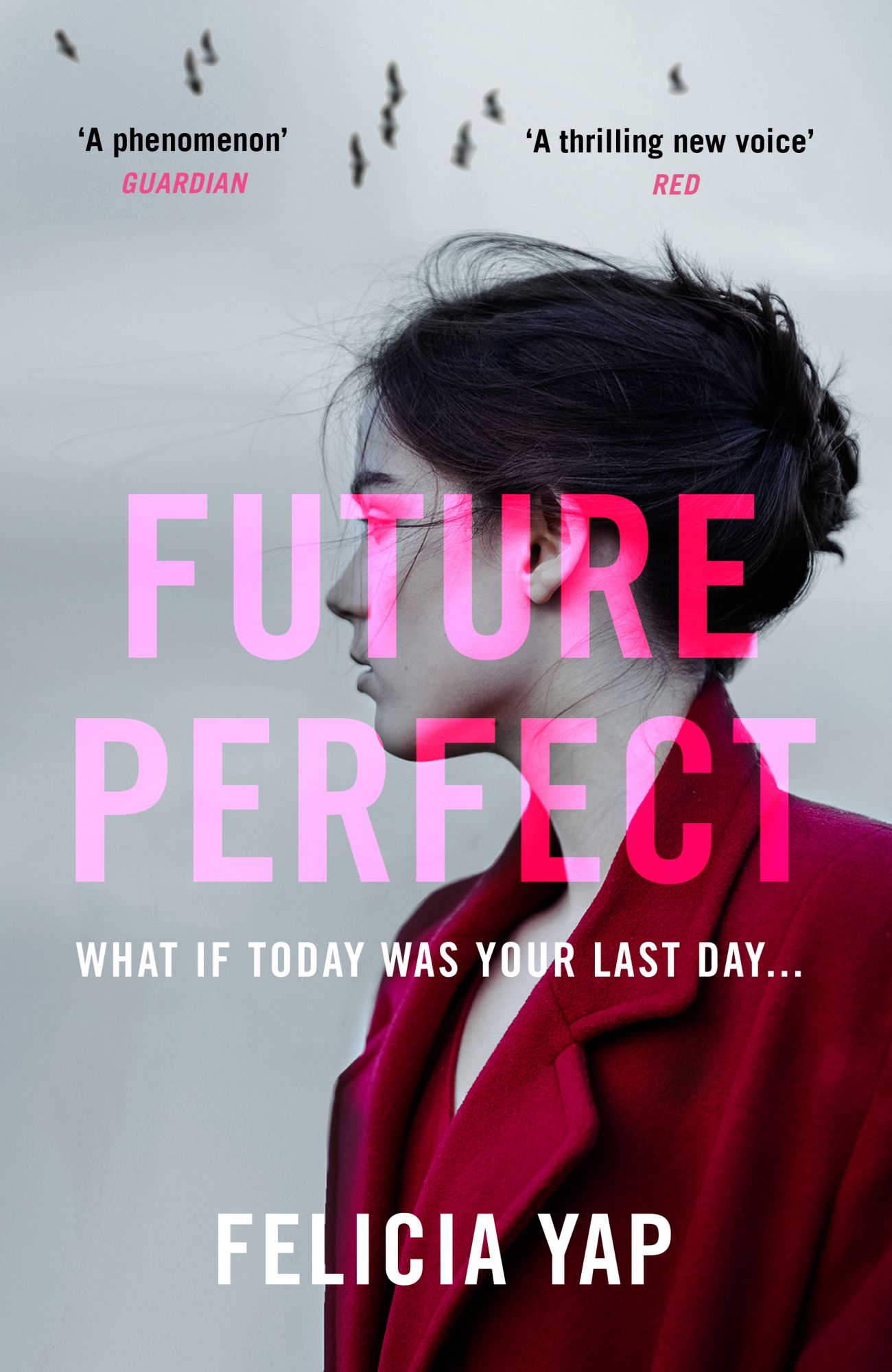
Congratulations on your new book! How did the idea for Future Perfect come about?
The idea for Future Perfect came to me on a catwalk. At a show in 2012, a backstage helper handed me an extremely heavy leather bag, just before I walked onto the runway. I remember clutching the bag and thinking as I glided down the platform: What if someone put a bomb inside the handbag and we are all going to die? Would I have led my life a little differently yesterday, had I known I would die today?
Years later, I sat down and began writing this episode from the perspective of a model named Ally. The scene now forms the first chapter of the book.
As a former catwalk model yourself, what personal experiences did you draw from to write the novel?
I was inspired by the people I met. Alexander King in Future Perfect is modelled after a designer I had worked with, a sandy-haired creative genius named Alex. Hours before a show, he draped a large piece of white satin around me, fastening it with safety pins. He then pulled out a giant pair of scissors and began snipping away. I was mesmerised by how his hands danced around the fabric, how the skirt took shape as cuttings fell around my feet. I marvelled at how the garment came to fit me like a glove, how it flowed beautifully around my ankles. Whenever I think of a creative virtuoso, I think of Alex and the dress he magicked up around me.
The models I worked with were equally inspiring. One of them was a stunning platinum-blonde girl named Daniela who knocked on the doors of at least a hundred agencies before someone eventually took her on. She is now a successful full-time model. Daniela has inspired me to never give up, to always keep trying. Her struggles to break into the fashion industry have inspired the fictional travails of my character, Maya von Meyer (the King’s muse in Future Perfect) who also has a hard time finding a job in the fashion world.
See also: 7 Emerging Female Asian Fashion Designers You Should Know

